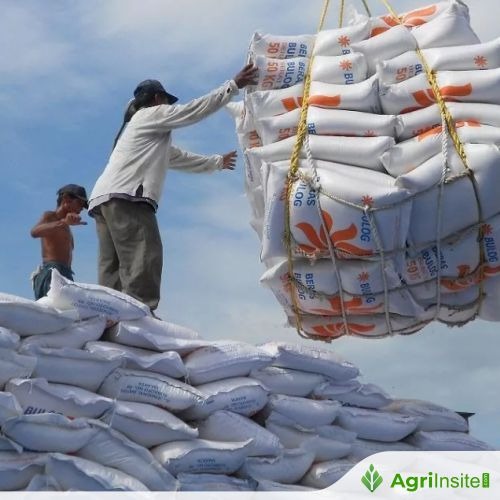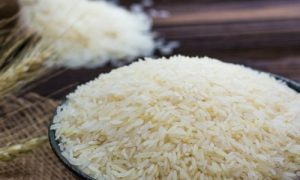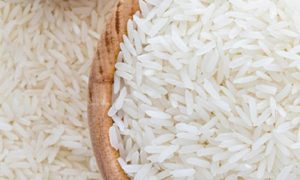Exporters urge VAT exemption for Vietnam’s rice and green coffee beans

Vietnam’s coffee and rice exporters are urging the government to remove the 5% VAT on green coffee beans and rice exports. Industry groups warn that the tax burdens cash flow, increases costs, complicates refunds, and reduces global competitiveness. They stress that timely policy changes are essential to sustain export growth.
HANOI: The Vietnam Coffee Cocoa Association (VICOFA) and the Vietnam Food Association (VFA) have petitioned the Prime Minister to exempt exported green coffee beans and rice from value-added tax (VAT), citing the need to ease financial pressure on exporters and enhance the competitiveness of Vietnamese products.
According to VICOFA, more than 85 per cent of Vietnam’s annual coffee bean output is exported, while only around 15 per cent is consumed domestically. Given this export-heavy structure, nearly all green coffee beans subject to VAT eventually qualify for tax refunds.
VICOFA argues that applying a 5 per cent VAT and then processing refunds requires more tax agency personnel to handle refund procedures.
Exporting enterprises are facing increased financial and operational burdens due to the VAT requirement in advance, and claim refunds later — a process described as complex and time-consuming.
These difficulties are compounded by the reintroduction of a 5 per cent VAT on green coffee beans under the new Law on Value-added Tax 48/2024/QH15 and Decree 181/2025/ND-CP, effective from July 1.
According to VICOFA, a similar situation occurred under the Law on Valued-added Tax 13/2008/QH1, when green coffee was also subject to a 5 per cent VAT. That policy led to numerous issues, including fraud and loopholes that were exploited by certain parties, ultimately harming the State budget and creating obstacles for legitimate exporters.
To address these concerns, the Government abolished VAT on green coffee beans in 2013, helping exporters by easing financial pressure and reducing administrative burdens.
However, according to VICOFA, the reinstatement of the 5 per cent VAT under the 2024 legislation not only runs counter to the State’s commitment to supporting exports, but also has adverse effects on business cash flow, increases production costs and undermines the competitiveness of Vietnamese enterprises in the global market.
A proposal from VFA seeks to promptly address challenges faced by food enterprises. The goal is to stabilise purchasing, processing and exporting activities while preserving the competitiveness of Vietnamese rice in the international market.
According to VFA the imposition of a 5 per cent VAT is driving up capital costs for rice exporters. As credit institutions typically do not disburse funds to cover VAT when providing working capital, businesses are forced to source their own funds to pay temporary taxes. This situation directly affects business efficiency and limits their ability to purchase raw materials.
In addition to financial pressure, VFA also warned of the risk that intermediary businesses may exploit current tax policies to fraudulently claim VAT refunds, leading to losses for the State budget.
These issues, VFA emphasised, created significant obstacles for legitimate exporters. Delays in VAT refunds would not only disrupt production and business plans, but also reduce the international competitiveness of Vietnamese rice.
Despite these challenges, Vietnam’s agricultural export sector has seen record-breaking achievements.
In 2024, rice exports reached a historic high of US$5.67 billion, while coffee exports hit nearly $5.7 billion. In the first half of this year, coffee exports surged to $5.5 billion, with rice exports totalling $2.45 billion.
In the context of a volatile global economy and rising protectionism in many import markets, maintaining supportive tax policies for strategic agricultural products is seen as essential to sustaining export growth.
Industry associations warn that without timely policy adjustments, Vietnam risks losing its competitive edge in the international agricultural export market.
To Read more about Rice News continue reading Agriinsite.com
Source : The Star
















